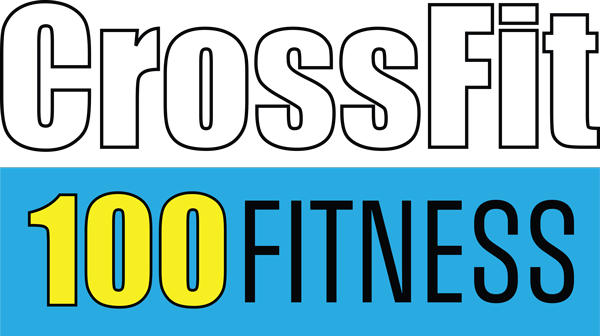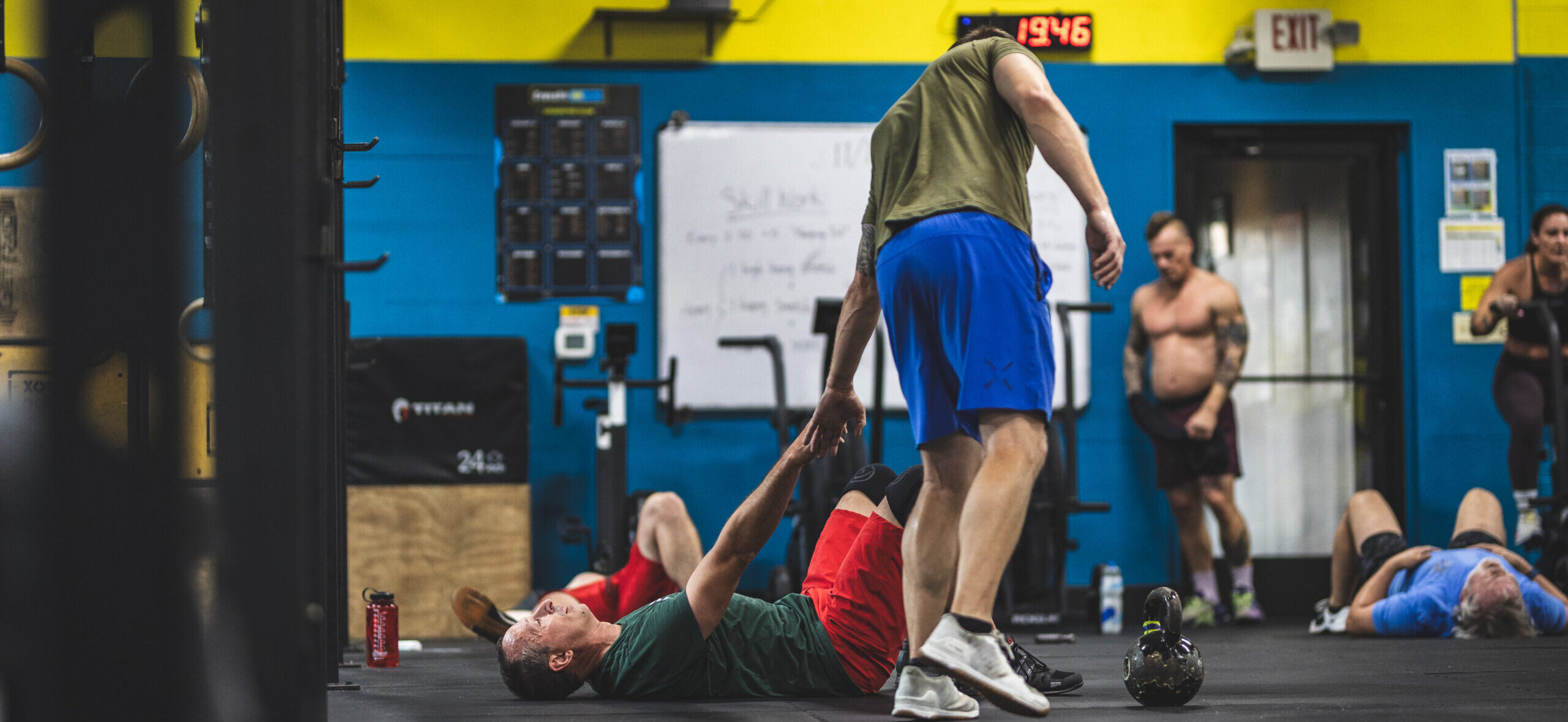Does Workout Length Really Matter?
Does workout length really matter for getting results? If you’re spending hours in the gym without seeing the progress you expected, you might be wondering if longer workouts are really the answer. Many believe that the length of a workout determines its effectiveness, thinking that more time equals better results. But is that really true? In this article, we’ll address the question: Does workout length matter?
The Myth of the “Epic Workout”
How often do you see posts on social media celebrating an “epic workout” or boasting about the hours someone spent on the treadmill? However, the truth is that a workout’s length isn’t always an indicator of its quality or effectiveness. In many cases, a focused 30-minute session can be just as beneficial, if not more so, than a two-hour workout. This brings us back to the question: Does workout length matter?
How Long Should You Work Out For?
So, does workout length matter? The ideal duration of a workout depends on several factors:
- Your Goals: Defined by you or a personal trainer
- Age and Fitness Level
- Training Experience
- Training Type: Full-body vs. body-part split, straight sets vs. supersets, etc.
- Time Available for Training
- Distractions: Social media, chatting with friends, checking fitness stats
- Gym Crowding: Waiting for equipment can add unnecessary time to your workout
Let’s look at a scenario to highlight why workout length may not be the best measure of success.
Scenario: Quality vs. Quantity
Imagine two gym-goers doing a workout for two hours. Lifter A spends a lot of time socializing and taking breaks, while Lifter B, an elite power lifter, focuses intensely with long rest periods for recovery. Although they spend the same amount of time in the gym, Lifter B’s focused approach is more likely to yield better results, showing that it’s not just about workout length but about quality.
Cortisol and Workout Duration
Another factor to consider is cortisol, the body’s stress hormone. When workouts extend beyond 45 minutes, cortisol levels can rise, causing the body to use muscle protein as an energy source. This can counteract muscle growth and strength gains, making a shorter, focused workout potentially more beneficial than a long, drawn-out session.
The Risks of Overreaching and Overtraining
Training too intensely for extended periods without adequate recovery can lead to overreaching, a temporary condition marked by fatigue, strength loss, and reduced performance. Pushing further can lead to overtraining, which may take weeks or months to recover from. Effective training focuses on intensity, form, and strategic rest rather than just extending workout length.
Train Smarter, Not Longer
Whether your goal is fat loss, strength building, or overall fitness, it’s often more effective to focus on workout quality. Here’s a general guideline:
- Weight Loss and Fat Burning: Aim for 1-2 hours of cardio weekly, ideally with 20-30 minute HIIT sessions.
- Muscle Building: Lift heavy weights 3-4 times a week, focusing on form and technique for around 4-5 hours total weekly.
- Rest Days: Vital for muscle recovery and injury prevention.

Have a Plan
The best way to maximize your workouts is by following a customized program that takes into account your fitness levels, goals, time available to train, any injuries and includes ways to keep you motivated and accountable.
A personal trainer can help you to get the most from your workouts and ensure that you workout for a duration that brings optimal results. They will also give you personalized feedback on every session, helping you to perform better, perfect technique and make every workout count. They’ll also keep you on your toes, so if you want them to call you out when you stop to check your phone or chat with your buddies, they will!




